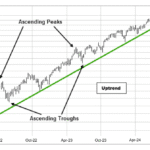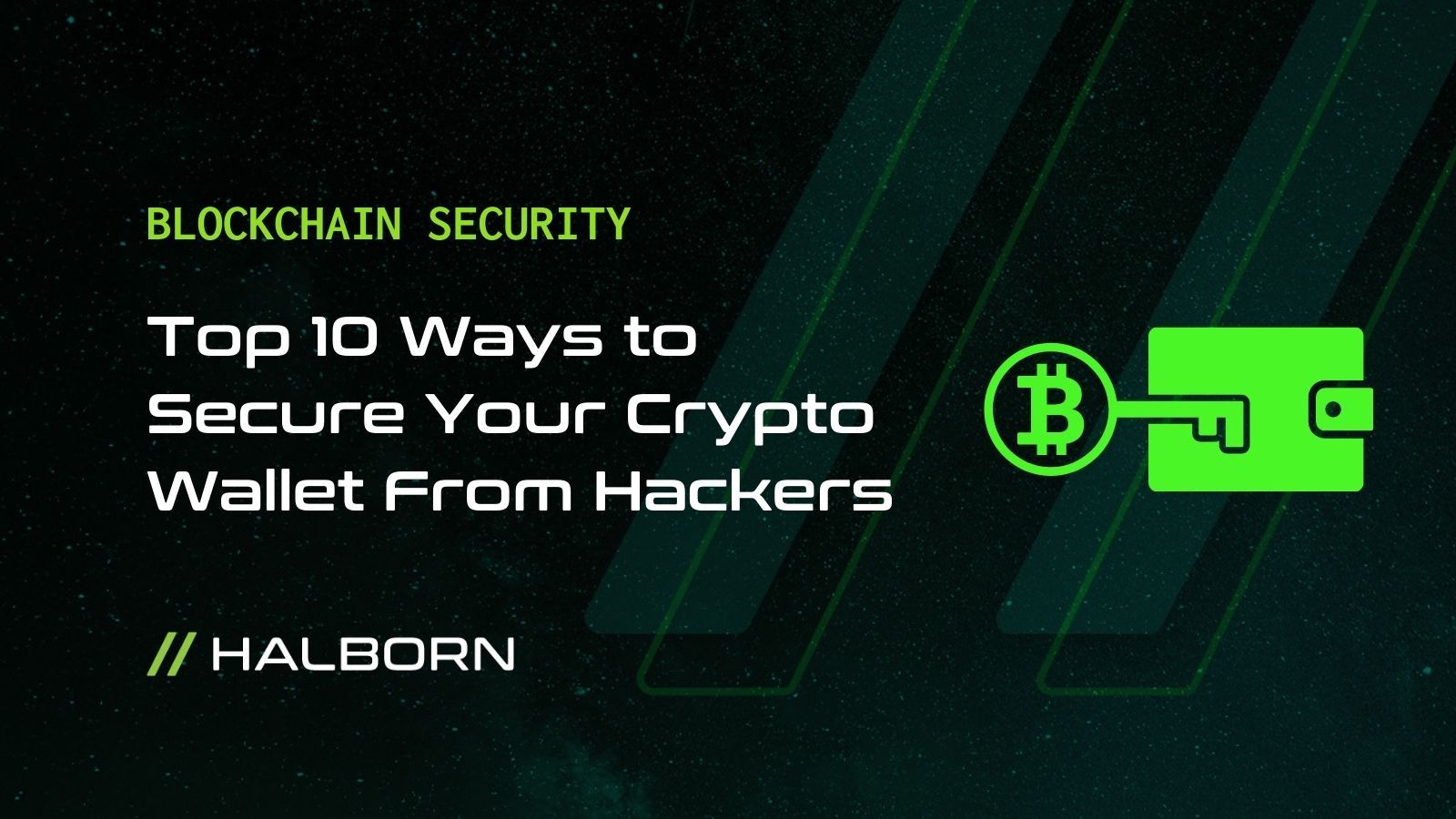The rise of cryptocurrency has led to an increase in hacking attempts targeting digital wallets. As the value of cryptocurrencies continues to fluctuate, securing your crypto wallet has become a top priority. Hackers are constantly developing new methods to gain unauthorized access to wallets, putting users’ funds at risk. In this article, we will explore the best practices to secure your crypto wallet from hacks, including using strong passwords, enabling two-factor authentication, and keeping software up to date. By following these tips, you can significantly reduce the risk of your wallet being compromised.
Protecting Your Crypto Wallet: A Comprehensive Guide
Securing your cryptocurrency wallet is of utmost importance in today’s digital landscape, where the threat of hacking is ever-present. A crypto wallet is essentially a software program that allows users to store, send, and receive digital currencies like Bitcoin and Ethereum. However, if not properly secured, these wallets can become vulnerable to hacking attempts, resulting in the potential loss of your hard-earned cryptocurrencies. Therefore, it is crucial to take proactive measures to safeguard your crypto wallet.
Understanding the Risks
The risks associated with crypto wallets are multifaceted. Phishing attacks and malware are common tactics used by hackers to gain unauthorized access to wallets. Moreover, the use of weak passwords or the failure to enable two-factor authentication (2FA) can further exacerbate the vulnerability of a crypto wallet. It is essential to be aware of these risks to implement effective security measures.
 Learn top crypto investment strategies today
Learn top crypto investment strategies todayImplementing Security Measures
To secure your crypto wallet, start by using a reputable and trustworthy wallet provider that offers robust security features, including encryption and 2FA. Additionally, ensure that your wallet software is up-to-date, as updates often include patches for newly discovered security vulnerabilities. Using a hardware wallet can also provide an additional layer of security, as these wallets store your private keys offline, making them less susceptible to hacking.
Best Practices for Wallet Security
Adopting best practices is key to maintaining the security of your crypto wallet. This includes being cautious with links and attachments from unknown sources, as they may contain malware designed to compromise your wallet. It’s also advisable to backup your wallet regularly and store the backup in a secure location. Furthermore, using a unique and complex password for your wallet and associated accounts can significantly reduce the risk of unauthorized access.
| Security Measure | Description | Importance Level |
|---|---|---|
| Two-Factor Authentication (2FA) | Requires a second form of verification beyond just a password. | High |
| Encryption | Protects your wallet data by converting it into an unreadable format. | High |
| Hardware Wallet | Stores private keys offline, reducing vulnerability to hacking. | Very High |
| Regular Backups | Ensures that you can recover your wallet in case of loss or theft. | Medium |
| Software Updates | Keeps your wallet software current with the latest security patches. | High |
Frequently Asked Questions
What are the common methods used by hackers to gain access to crypto wallets?
Hackers often use phishing attacks, malware, and social engineering tactics to gain access to crypto wallets. They may also exploit vulnerabilities in wallet software or use brute force attacks to guess passwords. Additionally, hackers may target users through fake websites or apps that mimic legitimate wallet providers. Users must be cautious when interacting with online services and keep their software up to date.
 Understand blockchain impact on financial markets
Understand blockchain impact on financial marketsHow can I protect my crypto wallet from hacking attempts?
To protect your crypto wallet, use strong and unique passwords, enable two-factor authentication, and keep your wallet software and operating system up to date. Be cautious of phishing attempts and never share your private keys or seed phrases with anyone. Consider using a hardware wallet, which provides an additional layer of security. Regularly back up your wallet and store the backups in a secure location.
What are the signs that my crypto wallet has been hacked?
If your crypto wallet has been hacked, you may notice unauthorized transactions, changes to your account settings, or unfamiliar devices connected to your account. You may also receive notifications or alerts about suspicious activity. If you suspect your wallet has been compromised, immediately transfer your funds to a secure wallet and change your passwords. Monitor your account closely for further suspicious activity.
Can I recover my funds if my crypto wallet is hacked?
Recovering funds lost due to a hack can be challenging, but it’s not impossible. If you’ve enabled two-factor authentication and have a backup of your wallet, you may be able to recover your funds. Contact your wallet provider’s support team for assistance, and report the incident to the relevant authorities. Act quickly to minimize losses, and consider seeking professional help to recover your stolen assets.
 Analyze market trends before investing money
Analyze market trends before investing money
